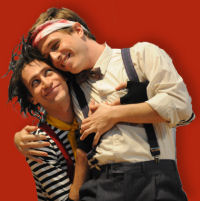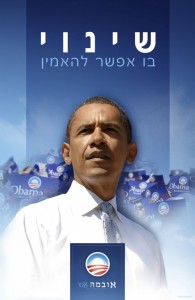Hussein Agha and Robert Malley have joined the ranks of the delay-sayers.
Agha and Malley are among the most astute analysts of the long-stalled Israeli-Palestinian diplomatic process. Their essay on what went wrong at the Camp David summit in 2000 sparked intense criticism – most notably from Ehud Barak, who preferred to deny the very possibility of peace than to accept any fault. Since then their once-radical critique has become closer to conventional wisdom, as they demonstrate in a review of three new books by former American diplomats.
Surprisingly, though, Agha and Malley conclude by joining the delay-sayers: the old diplomatic hands advising Barack Obama to avoid a peace initiative at the beginning of his terms:







